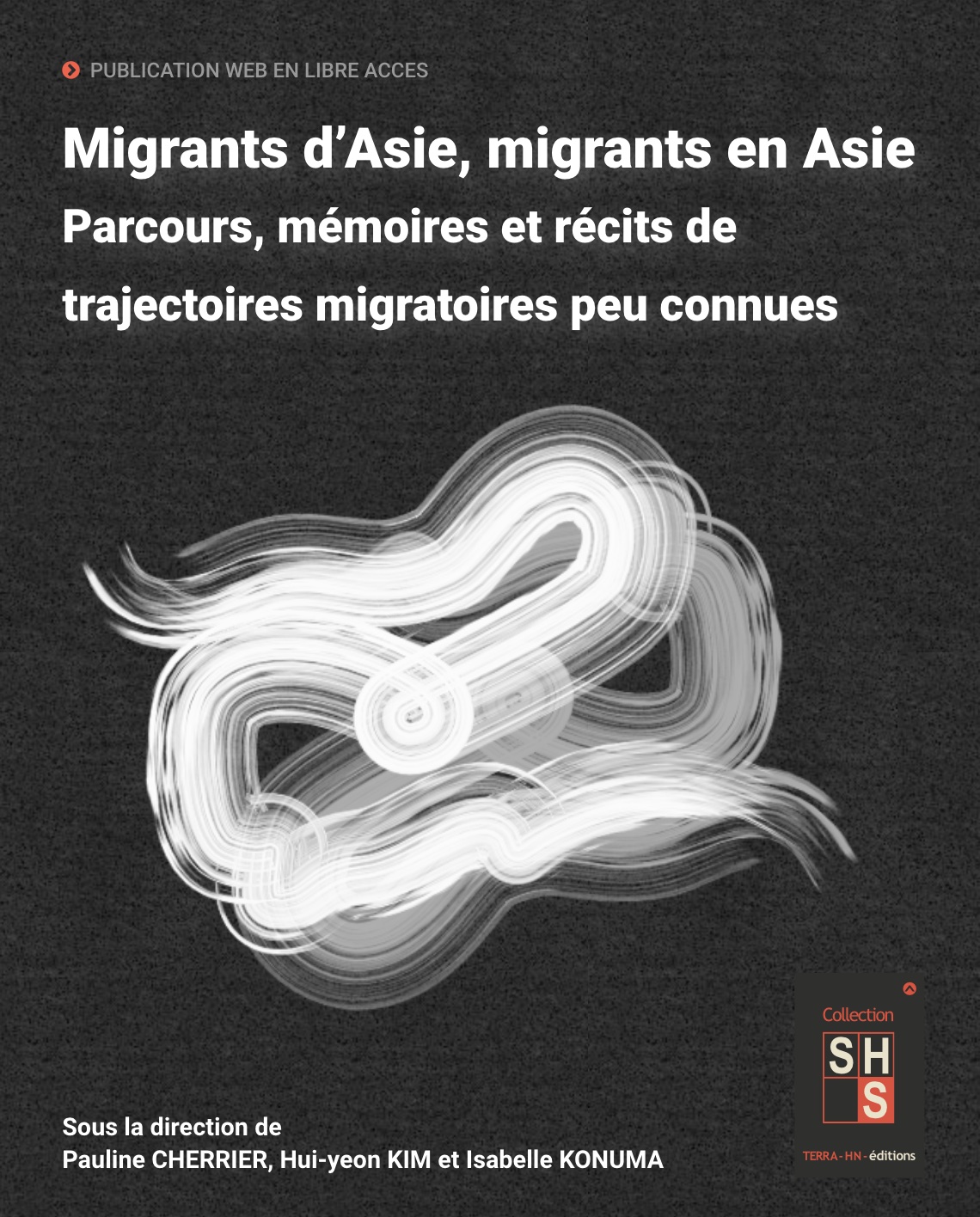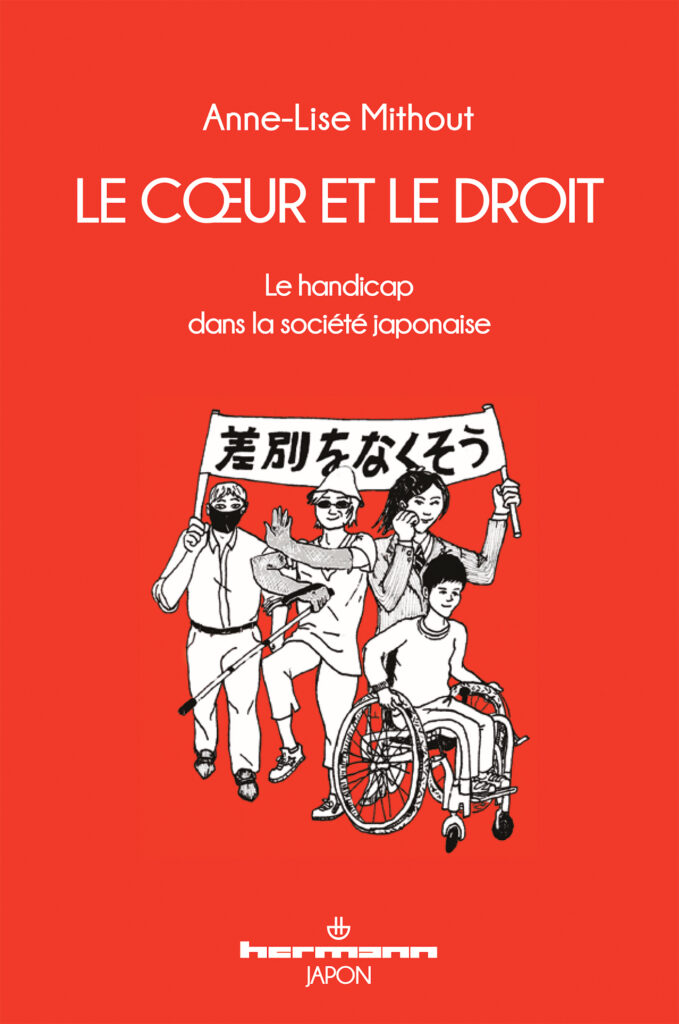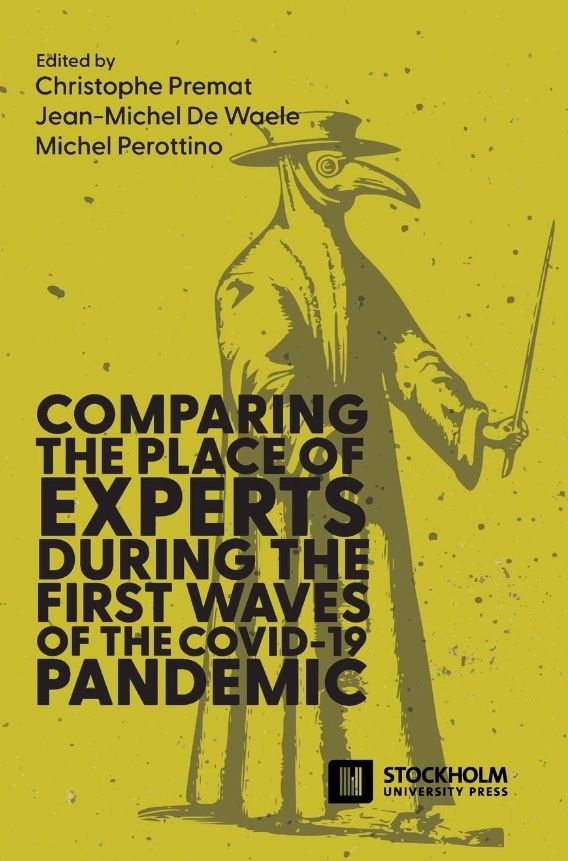Anne-Lise Mithout a le plaisir de vous annoncer la publication de son livre, Le cœur et le droit – Le handicap dans la société japonaise, aux éditions Hermann, dans la nouvelle collection Japon dirigée par Thomas Garcin, Matthias Hayek et Marianne Simon-Oikawa.
Vous trouverez ci-dessous la couverture, la présentation et la table des matières.
L’éditeur propose une offre commerciale avec un tarif réduit et les frais de port offerts pour toute commande passée avant la date officielle de parution (le 30 octobre). Vous trouverez ci-après le lien vers le bon de souscription pour bénéficier de cette offre.
Présentation
En juillet 2016, tandis que la préparation des Jeux Paralympiques de Tokyo bat son plein, un jeune homme entre par effraction dans un foyer de vie pour personnes handicapées et tue dix-neuf résidents. L’enquête montrera que l’auteur de la tuerie militait pour une euthanasie ciblée des personnes handicapées. Cet évènement qui intervient au moment même où le Japon met en avant aux yeux du monde les progrès réalisés dans le développement d’une société inclusive témoigne des ambiguïtés du traitement social du handicap dans la société japonaise contemporaine.
Ce livre explore la place qu’occupe, dans une société qui entretient le mythe de son homogénéité, une population perçue comme « différente ». Il vise à dépasser l’opposition entre intégration et exclusion pour analyser de quelle manière les personnes handicapées participent à la vie sociale. Plus que le rejet haineux, c’est l’approche du handicap par la charité qui a longtemps prédominé : elle a donné naissance à des pratiques d’aide et de soutien, mais ancrait celles-ci dans une inégalité fondamentale entre des « bienfaiteurs » valides et des personnes handicapées en position de faiblesse. Cependant, des aspirations à l’émancipation s’expriment également. Elles se matérialisaient autrefois par une forte solidarité, notamment au sein de la communauté des aveugles, et se traduisent aujourd’hui par des mouvements associatifs qui portent un discours au nom des « droits humains » et se font entendre dans l’arène politique.
Table des matières
Chapitre 1 : Misère et solidarités dans le Japon d’avant 1945 : une histoire des personnes handicapées
1. Le handicap avant l’époque médiévale : entre croyances religieuses et mesures de charité
2. L’émergence d’une communauté d’aveugles auto-organisée
3. L’époque d’Edo (1603-1868) : vers un renforcement du contrôle de l’État sur les personnes handicapée
4. Trouver sa place dans la modernité
Chapitre 2 : Les politiques du handicap : De la réadaptation à l’inclusion
1. Le handicap dans la construction de l’État-Providence : entre réadaptation et institutionnalisation
2. De l’unification des politiques du handicap à l’émergence de la notion de participation sociale
3. La prise en charge du handicap au XXIème siècle : entre élargissement du champ et tournant néolibéral
Chapitre 3 : « Nous refusons l’amour et la justice ». Les mouvements pour les droits des personnes handicapées
1. Les premiers mouvements de défense des personnes handicapées : un militantisme de catégorie
2. Aoi shiba no kai : un front uni contre l’eugénisme et la charité
3. L’héritage d’Aoi shiba no kai : la défense des droits humains dans une perspective intersectionnelle
Chapitre 4 : Les enfants en situation de handicap dans le système éducatif : entre soutien et mise à l’écart
1. L’éducation spécialisée avant 1945 : de la charité à la mobilisation nationale
2. De l’après-guerre aux années 2000 : du tout-spécialisé à l’intégration
3. « L’éducation de soutien spécialisée » : avancée majeure vers l’égalité ou solution pour des problèmes variés ?
Chapitre 5 : Le travail : Entre accessibilité de l’emploi et employabilité des individus
1. Un système d’emploi dual
2. Travailler en milieu protégé : contribuer à l’économie sous un postulat de faible productivité
3. Travailler en milieu ordinaire : « faire carrière » à égalité avec les autres salariés ?





